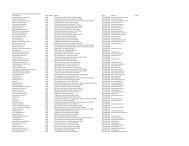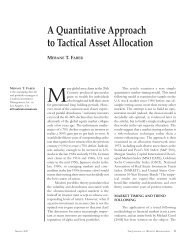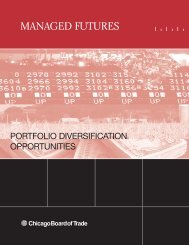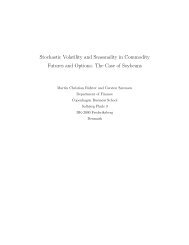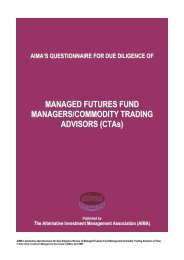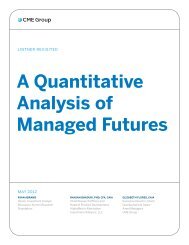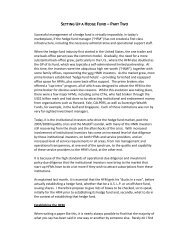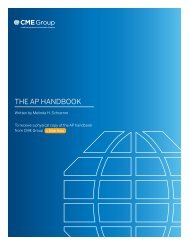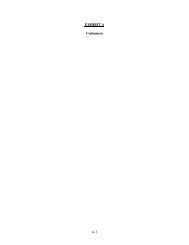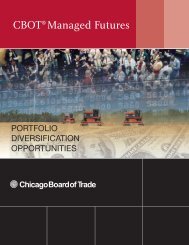Definitions & Concepts... [PDF] - Cycles Research Institute
Definitions & Concepts... [PDF] - Cycles Research Institute
Definitions & Concepts... [PDF] - Cycles Research Institute
You also want an ePaper? Increase the reach of your titles
YUMPU automatically turns print PDFs into web optimized ePapers that Google loves.
<strong>Definitions</strong> and <strong>Concepts</strong> Used in Cycle Study<br />
by E. R. Dewey<br />
I have often been asked to provide authoritative. definitions for words used in cycle study. Only if all of us<br />
who are engaged in this work use words to mean the same thing can we understand each other clearly. This<br />
article is a first attempt to satisfy this demand.<br />
First, let us turn to the dictionary to get some preliminary meanings for some of the more common words.<br />
ORDER. L. ordo, order. Conformity to law.<br />
PATTERN. OF. patron, from L. pater, father. An arrangement or composition that suggests or reveals a<br />
design; a configuration; formal or regular arrangement.<br />
CYCLE. Gr. kyklos, ring, circle, cycle. A complete course of operation returning to the original state.<br />
FLUCTUATION. L. fluctuate, to wave, Fr. fluctum, to flow. Wavelike motion. Fluctuate suggests irregular<br />
or alternating movements, especially up and down.<br />
OSCILLATION. L. oscillare, to swing. The act of fluctuating within or between relatively fixed limits. (In<br />
physics, a single swing from one extreme to the other of an oscillating body.)<br />
WAVE. A. S. wafian, to wave. One of a series of undulations. Something that swells and has a crest, or<br />
rises and falls, like a wave.<br />
RECURRENCE. L. from re currere, to run. The act of occurring again, especially after an interval.<br />
RHYTHM. Gr, rhythmos, measured motion. Movement marked by reasonably regular recurrence, or<br />
reasonable regularity of alternation.<br />
PERIODICITY. Gr. periodos, a going around. A perfectly regular idealized motion.<br />
Dictionary meanings are good for a starter but they are not precise enough for scientific purposes.<br />
Moreover, there are many concepts for which there are no single words -male Manx cats, (or white) for<br />
example! If you are to get an adequate idea of the various sorts of cycles it is preferable to start with the<br />
concepts and try to find words-where they exist-that will more or less correspond. This is better than<br />
starting with the words and trying to pick meaning for them; or, like Humpty Dumpty (and some others)<br />
making up meanings of your own!<br />
("When I use a word," Humpty Dumpty said, as you will remember, “'it means just what I choose it to mean<br />
- neither more nor less.'”)<br />
“Cycle” - to use a catch-all or omnibus word - is a subdivision of the basic concept of “order”, but to see<br />
how we get from the one to the other it will be helpful to refer to the diagram on the next page. The various<br />
boxes contain words describing concepts. The boxes are under each other in ever-increasing order of<br />
limitation of meaning. To the right of the boxes I have placed the contrasting concept. To the left of the<br />
boxes I have placed the popular word - where there is one - that more or less expresses the concept<br />
described within the box.<br />
In the topmost box I have placed the word order. Order, of course, is fundamental. Order is the antithesis of<br />
chaos. Order is law. For me, order comes closer than any other single word to the meaning of the universe.<br />
(If you will permit me to use all of four words, I would express the meaning of the universe as “fulfillment<br />
of the law.”)


![Definitions & Concepts... [PDF] - Cycles Research Institute](https://img.yumpu.com/26387731/2/500x640/definitions-amp-concepts-pdf-cycles-research-institute.jpg)
